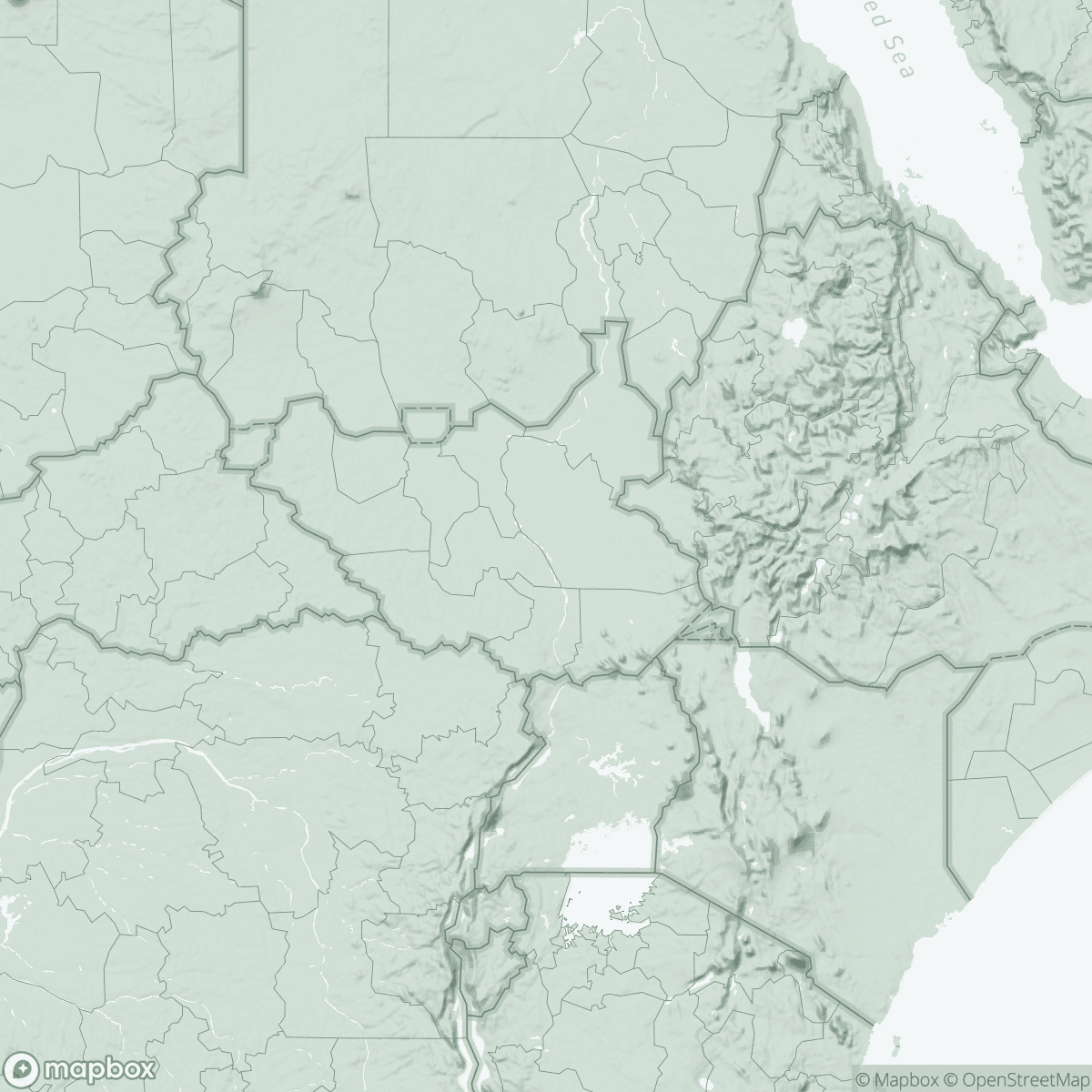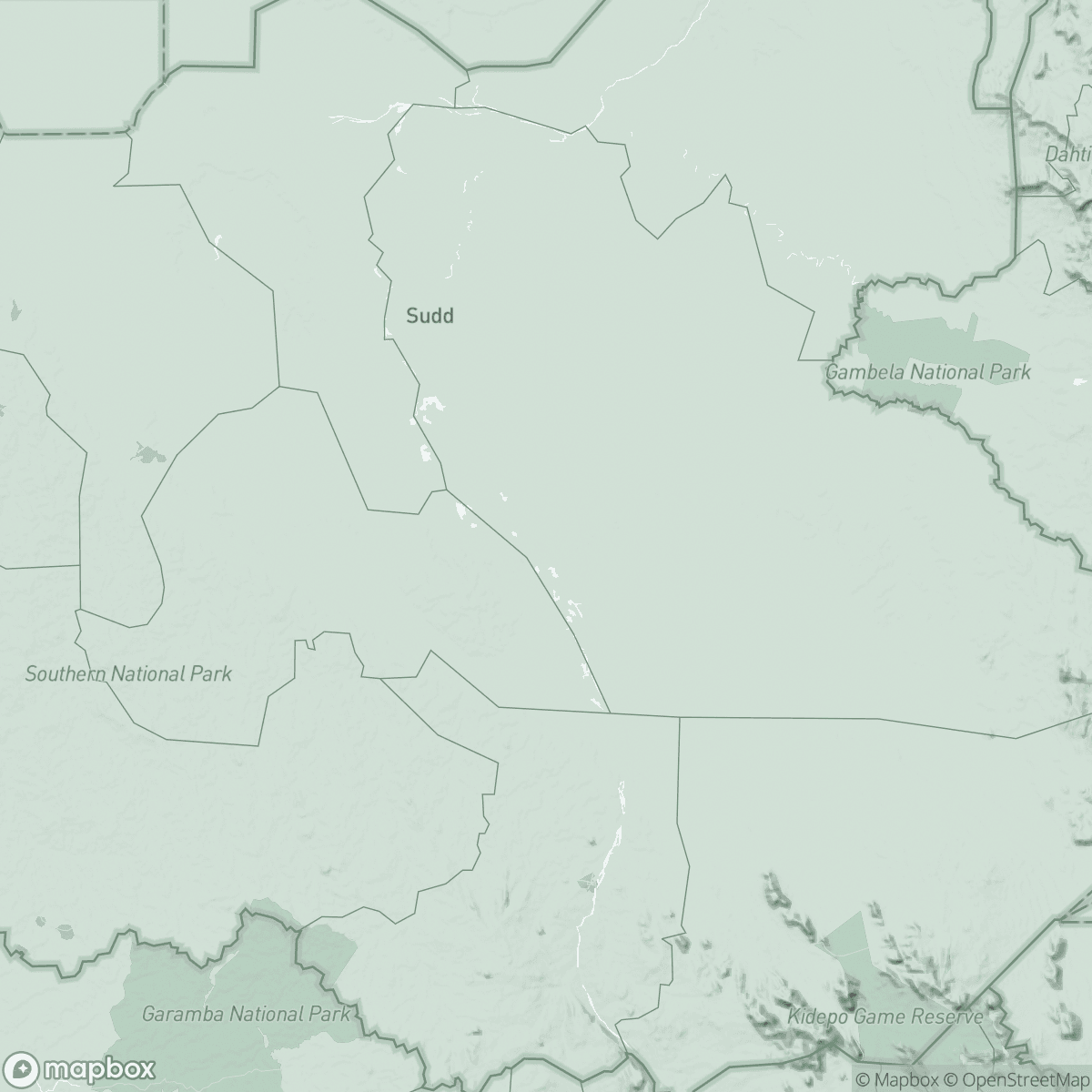
Fleeing War, Seeking Hope: The Struggle for Survival in South Sudan’s Renk County
In 1 click, help us spread this information :
The dusty landscape of Atam in South Sudan’s Renk County offers little respite from the scorching sun. Yet, it has become a refuge for thousands of people escaping the brutal conflict in Sudan. Located about 15 miles from the border, this informal settlement is dotted with makeshift shelters, and some people sleep under trees, clutching the few belongings they managed to bring with them from war-torn Sudan.
Seated in the waiting area of a mobile clinic for displaced people run by Médecins Sans Frontières (MSF), Sadah Adam, 23, is one of nearly 40,000 people living in Atam. She cradles her three-month-old baby Yahin, recalling the day they fled their burning home in Bur, Sudan. Her voice falters: “When the fighting came closer, we heard rumours about the war. We hid in the bush for two days. After we returned home, the fighters were already there, so we had no choice but to run again.”
While they found peace in Atam, their needs far outstrip the limited humanitarian aid available. “The most urgent need we have is water,” Sadah says.
Masha Arbanat, 39, another refugee from Sudan, also fled intense fighting near her home. Like many others, she crossed the border with nothing. “Our house was completely destroyed, and we had to leave everything behind,” she shares. “When we got to Atam, we had nothing—no pots, no utensils, not even water containers. It was only after MSF gave us some essentials like jerrycans and cooking pots that we started to feel a little relief.”
The experiences of Sadah and Masha reflect the ongoing struggle for survival faced by people who have fled the violence in Sudan. In settlements like Atam, where thousands live in overcrowded conditions, securing basic needs—food, clean water and shelter—remains an ongoing challenge.
Since December 2024, escalating violence in Sudan’s Blue Nile region has forced over 110,000 people to flee their homes, leaving everything behind in search of safety. Many of these refugees are coming from conflict-stricken areas like Sennar and Blue Nile, as well as South Sudanese returnees from White Nile State.
They have fled to South Sudan’s border, seeking refuge in informal settlements in Renk County, such as Girbanat, Gosfami and Atam. These settlements shelter over 70,000 displaced people, a number that increases daily.
The overwhelming number of people, combined with the scarcity of resources, has created a dire humanitarian crisis, leaving many without access to the essential aid they desperately need,” says Zakaria Mwatia, MSF head of mission in South Sudan.
Some of those fleeing are even taking dangerous trips back into Sudan just to find basic supplies, exposing themselves to further risk. With healthcare and basic services limited, overcrowding is causing diseases to spread quickly, and outbreaks are a real threat.”

MSF is the only organisation currently providing medical and humanitarian services in some of the major informal settlements.
MSF teams make trips each morning and evening to Atam and Girbanat, and up to three times a week to Gosfami, providing medical care to the people living in these settlements. Over the last month, MSF has provided an average of 200 medical consultations daily across all three informal settlements, mainly treating conditions such as malaria, diarrhoea and malnutrition. MSF has distributed relief items to 7,000 families, with a focus on those with children. In Atam alone, the teams supply up to 23,000 litres of water each day, but this is just a drop in the ocean compared to the needs.
South Sudan has also been facing a cholera outbreak since October.
Dr Mohammed Musoke tells us about the alarming speed with which the epidemic has spread:
"What is very unusual about the cholera outbreak in South Sudan is the speed at which the disease has spread throughout the country. In October, when the outbreak was first declared, it was all in Renk, in the north, near the border with Sudan. In a normal outbreak, it would have been contained there, perhaps spreading to one or two other areas before being brought under control. But over the next three months, the disease spread to seven of South Sudan's ten states, as well as the Ruweng administrative area, at an alarming rate.
The first confirmed cases were among refugees fleeing the war in Sudan. After a concerted effort, we are finally starting to see a decline in the number of cases in Sudan, but in South Sudan, we are still on high alert. To date, there have been 24,418 cases and 475 deaths. We have supported the Ministry of Health in its fight against cholera, setting up a total of 388 beds in cholera treatment centres in five of the affected states and vaccinating more than 200,000 people at risk.
Efforts have been made to treat people who already have the disease and vaccinations have begun, but we need to identify the next outbreaks so that we can vaccinate people before the disease reaches them. Of course, it is useful to vaccinate people where the disease is already present, but the response must try to get ahead of the spread.
Overall, even if the outbreak is now under control, and even when it is over, it will only be a matter of time before another outbreak occurs – and when it does, unless steps are taken to strengthen and properly fund a fragile health system, we will see the urgency to act repeated again and again.
“With the rainy season rapidly approaching, time is running out to act. The rains will cut off access to these areas, making it even harder to deliver aid,” Zakaria warns.
Donors must release funds now to stop this crisis from worsening, and more actors are needed in the informal settlements. Humanitarian organisations and South Sudanese authorities must urgently ramp up efforts in water, sanitation, healthcare, shelter and food assistance to protect lives and prevent further devastation.”
While MSF provides medical care, options to refer more severe patients needing further treatment remain a major gap. MSF ambulances take patients to Renk County Hospital, where MSF and ICRC treat patients, but the two-hour journey along treacherous roads is arduous and risky. This will become even more difficult with the approaching rainy season.
“There is an urgent need to set up public health facilities closer to the informal settlements and ensure they are adequately staffed and equipped,” Zakaria adds.

Beyond the informal settlements, MSF also works at Renk County Hospital, running paediatric and nutritional wards, providing pre- and post-operative care for people wounded in the war, and supporting secondary healthcare, including maternal health. Renk Civil Hospital serves as a crucial referral centre for patients from other parts of Renk County, including both formal and informal settlements.
MSF teams have seen a significant rise in the number of patients, including children, with malnutrition since the influx of refugees in December. In response, we have set up 17 additional medical tents at the hospital to accommodate the increasing number of patients.
People arriving in South Sudan are entering areas already facing severe food insecurity. Immediate food assistance is urgently needed at informal border entry points, where it has been lacking, and it's crucial to maintain general food distributions across the country for both host communities and those arriving from Sudan. Amid adversity, people continue to support each other and keep hope alive. “We have no water, we have no food, but at least there is peace. I used to be a businessman in Bur (Sudan), but I lost everything. Now friends of the family are helping us because we have no source of income,” says Musa Yhaia, 50, a displaced person.
The crisis has placed a heavy strain on local communities, stretching scarce resources and intensifying the suffering of people who were struggling even before the crisis. Including these communities in humanitarian efforts is crucial to prevent the situation from deteriorating.









